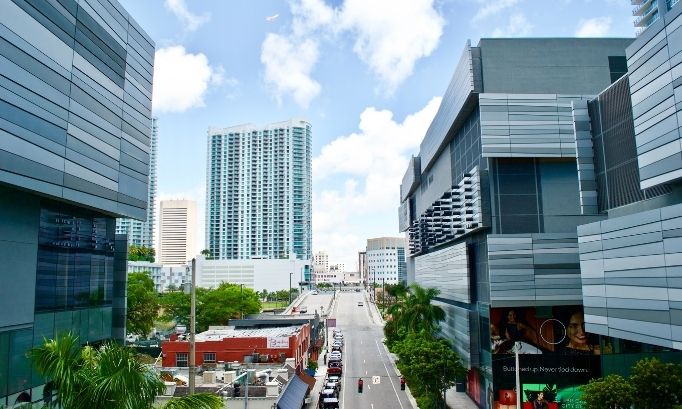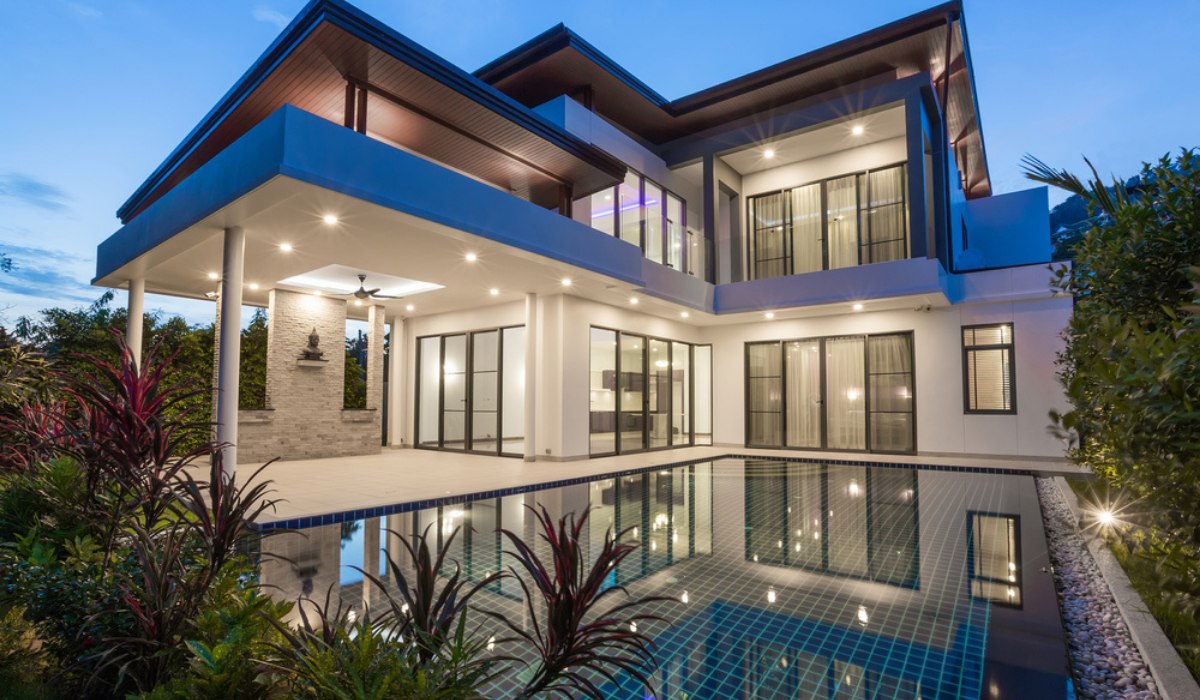Pune, the second-largest city in Maharashtra, is a hub for business, education, and industry. With a
growing population, the demand for commercial properties is on the rise. The city offers various
types of commercial properties that cater to different business requirements. In this article, we will
look at the types of commercial properties in Pune that are in demand.
Office Spaces
Office space in Pune is in high demand due to the city’s booming IT sector. Pune has a thriving start- up culture, and many small and medium-sized enterprises (SMEs) are based in the city. These businesses require office spaces to operate, and hence the demand for Commercial office space in Pune is high. Commercial properties that offer office spaces are available in different sizes, ranging from small to large. Office spaces are typically rented out on a per square foot basis. Pune has emerged as a hub for IT and IT-enabled services, and as a result, the demand for office spaces has increased in recent years. The areas of Kharadi, Magarpatta, Hinjewadi, and Viman Nagar are some of the most preferred locations for office spaces in Pune.
Retail Spaces
Office space in Pune is in high demand due to the city’s booming IT sector. Pune has a thriving start- up culture, and many small and medium-sized enterprises (SMEs) are based in the city. These businesses require office spaces to operate, and hence the demand for Commercial office space in Pune is high. Commercial properties that offer office spaces are available in different sizes, ranging from small to large. Office spaces are typically rented out on a per square foot basis. Pune has emerged as a hub for IT and IT-enabled services, and as a result, the demand for office spaces has increased in recent years. The areas of Kharadi, Magarpatta, Hinjewadi, and Viman Nagar are some of the most preferred locations for office spaces in Pune.
Warehouses and Industrial Sheds
Pune is a hub for industries such as automotive, manufacturing, and engineering. These industries require large industrial spaces to operate. Industrial spaces are typically used for manufacturing, warehousing, and distribution. Commercial properties that offer industrial spaces are available in different sizes, ranging from small to large. Industrial spaces are typically rented out on a per square foot basis. Many e-commerce companies, as well as logistics and transportation firms, are looking to expand their operations in Pune, making it an ideal location for warehouses and industrial sheds. The areas of Chakan, Talegaon, and Ranjangaon are some of the most preferred locations for warehouses and industrial sheds.
Co-Working Spaces
Co-working spaces have become increasingly popular in Pune, especially among startups and freelancers. Co-working spaces provide a shared workspace for individuals and small teams, offering amenities such as internet connectivity, meeting rooms, and printing facilities. Commercial properties that offer co-working spaces are available in different sizes, ranging from small to large. Co-working spaces are rented out on a per seat basis. Co-working spaces provide an environment where professionals from different fields can work together and collaborate on projects. The areas of Koregaon Park, Kalyani Nagar, and Baner are some of the most popular locations for co-working spaces in Pune.
Hospitality Spaces
Pune is a popular tourist destination, and the hospitality industry is thriving in the city. Hospitality spaces include hotels, resorts, and guesthouses. Commercial properties that offer hospitality spaces are available in different sizes, ranging from small guesthouses to large hotels. Hospitality spaces are typically rented out on a per room basis.
Healthcare Spaces
Pune has a thriving healthcare industry, and healthcare spaces are in high demand. Healthcare spaces include hospitals, clinics, and diagnostic centers. Commercial properties that offer healthcare spaces are available in different sizes, ranging from small clinics to large hospitals. Healthcare spaces are typically rented out on a per square foot basis.
Education Spaces
Pune is a hub for education, and education spaces are in high demand. Education spaces include schools, colleges, and coaching classes. Commercial properties that offer education spaces are available in different sizes, ranging from small coaching classes to large universities. Education spaces are typically rented out on a per square foot basis. The demand for educational institutions, such as schools, colleges, and coaching centers, is on the rise. The areas of Aundh, Deccan, and Kothrud are some of the most preferred locations for educational institutions in Pune. Mixed-Use Developments Mixed-use developments, which offer a combination of residential, commercial, and retail spaces, are gaining popularity in Pune. These developments provide a self-contained environment where people can live, work, and shop without having to travel long distances.
Conclusion
Conclusion
Pune offers a wide range of commercial properties to cater to different business requirements. The demand for commercial properties in Pune is on the rise, driven by the city’s thriving business, education, and tourism industries. In this article, we looked at the types of commercial properties in Pune that are in high demand, including office spaces, retail spaces, industrial spaces, co-working spaces, hospitality spaces, healthcare spaces, and education spaces. Whether you are a startup, a small business, or a large corporation, Pune has a commercial property that can meet your needs.

